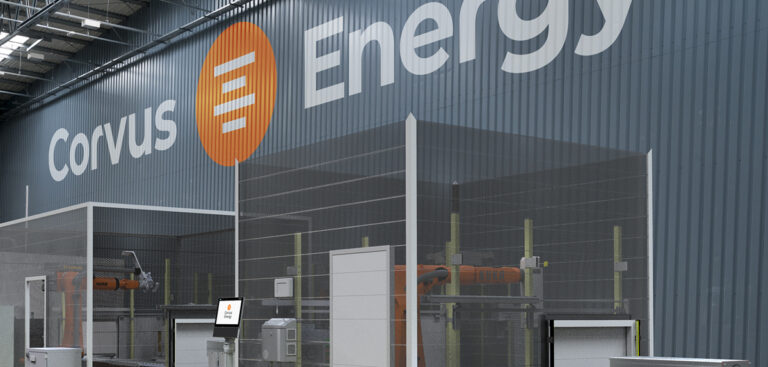Corvus Energy has announced that it will be moving forward with investment plans to expand its Canadian facility in Richmond, British Columbia, to further increase manufacturing capacity.
AS reported in the first quarter of 2018, the company plans to expand its maritime battery manufacturing operations at its facilities in Bergen, Norway, and Richmond. The new Bergen based automated battery plant started to produce energy storage systems (ESS) in the final part of 2019, with the next stage involving the installation of new production line equipment at the Canadian plant.
CEO of Corvus Energy, Geir Bjørkeli, said, “With anticipated growth in the market, increased capacity and production flexibility are crucial to keeping up with customer demand. The Canadian facility will begin producing our newest multi-megawatt-hour ESS, which we call Blue Whale, and expect to be the cornerstone of Corvus’s growth in coming years. The market for these enormous battery systems will increase rapidly as cruise ships, large ferries and merchant vessels strive for zero-emissions operation. Some forecasts predict it will be a US$1bn market by 2026. Corvus is well positioned to be an innovator and market leader in zero-emissions solutions.”
The investment plans are expected to cost an estimated US$16m and will include a new research and development program partly funded by Canada’s National Research Council Industrial Research Assistance Program (NRCIRAP), further company collaborations and expansions to office spaces to improve productivity.
Richard Wing, executive vice president of engineering and program management at Corvus Energy, commented, “The state-of-the-art production equipment in Canada will be based on the same flexible robotic technology used in our highly successful battery factory in Norway. Using digital and automated solutions, we establish cost-efficient production. Having our manufacturing co-located – in Norway with the largest sales and service team and in Canada with the engineering team – facilitates collaboration to add value to our products quickly. Further, it builds competence throughout the company as well as locally in our operating regions.”
The company plans to begin shipping new ESS from the Canadian plant in the first part of 2021 and is well positioned to provide maritime batteries to growing markets in Northern Europe, Asia and North America.



